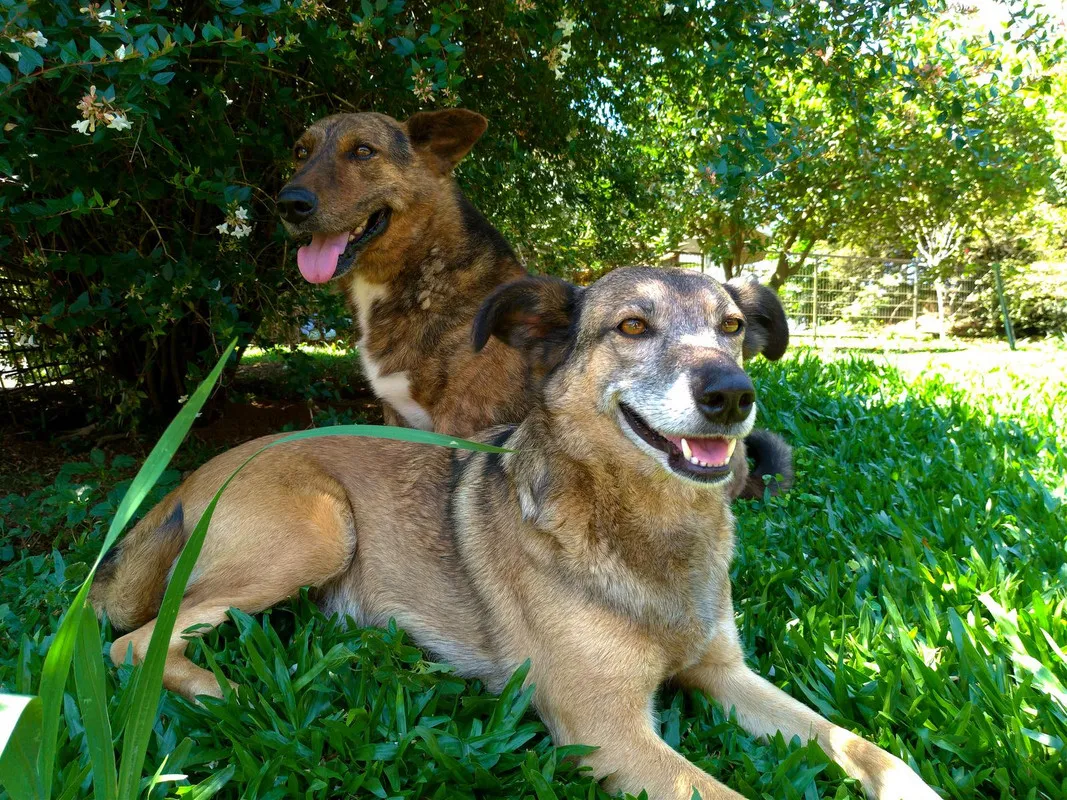Some thoughts about animals/Alguns pensamentos sobre animais (Part 1 of 4)
*There is a english and portuguese version*

English version
In 1998, a law was created in Rio de Janeiro, regulating and allowing the "rinha de galos", which is an infamous practice where two roosters are put to fight, usually until the death of one of them. This hypocritical law aimed to give an appearance of normality to the situation, creating guidelines to be followed. One of the things that shocked me the most when reading the text of the law was the attempt to disguise the suffer of the animal, as well as the notourious disrespect the item VII of article 225 of our Constitution, that forbid the animal mistreatment.
On 05/26/2011 an ADI (an instrument to judge if a law contradicts the Consitution or not) was proposed by the Attorney General against this law. It had Celso de Mello, a minister of the STF, as the judge and he decided that the law was manifestly unconstitutional, for promoting cruelty to animals and not manifesting culture.
In the judgment, in addition to the aforementioned, it was said that the constitutional protection to the fauna is both to wild and domesticated animals, including roosters. The constitutional text bans any type of animal submission to cruel acts. This protection is motivated by the need to prevent situations that affect all forms of life, including animals, whose integrity would be compromised in the face of primitive practices, such as the "rinha de galos" or similar, such as the so called "vaquejada".
We can read and analyze this judgment through different lenses, by the legal, philosophical, sociological, political and even biological way, because animal issues, and even more than that, an environment issue, crosses several areas of human knowledge, considering that we live in an interdependent relationship with the planet (and the entire universe).
This interdependent relationship allows us to make a historical and social reading, realizing that the judgement of the "rinha de galos" law is a reflection of a new paradigm that is in the initial stages of development in today's society. The decision to ban a law that allows the practice of animal cruelty, in addition to the insertion of protection for fauna present in the Constitution, shows us that the anthropocentric view, prevalent for long periods os time, is gradually transforming itself into a holistic and systemic view, inserting the humans in the same place as all other life forms.
Versão em português
Em 1998 foi promulgada uma lei no Rio de Janeiro regulamentando e permitindo a rinha de galos, que é uma prática infame onde se colocam dois desses animais para lutar, geralmente até a morte de um deles. Esta lei, de cunho, com o perdão do termo, hipócrita, visava dar uma aparência de normalidade à situação, colocando certos regramentos e diretrizes. Uma das coisas que mais me chocou ao ler o texto da lei foi, assim como a da vaquejada, a tentativa de mascarar o sofrimento animal e a violação ao inciso VII do artigo 225 da nossa Constituição, onde alguns trechos da absurda lei diziam que seria resguardado o bem-estar do animal.
Em 26/05/2011 foi julgada uma ADI proposta pelo Procurador-Geral da República contra esta lei. Teve como relator o ministro Celso de Mello, e decidiu-se que a briga de galos configura crime previsto no artigo 32 da Lei nº 9605/98, além de ser manifestamente inconstitucional, por promover crueldade contra animais, e não manifestação cultural.
Discorre-se no julgado, além do citado acima, o fato de a proteção jurídico-constitucional dispensada à fauna abranger tanto animais silvestres como domésticos e domesticados, incluindo nisso os galos, pois o texto constitucional veda qualquer tipo de submissão de animais a atos de crueldade. Tal tutela é motivada pela necessidade de impedir situações que periclitam todas as formas de vida, incluindo a animal, cuja integridade seria comprometida face a práticas cruéis e primitivas como a própria rinha de galos ou semelhantes, como farra do boi.
Podemos interpretar e analisar este julgado com diversas lentes, sejam elas jurídicas, filosóficas, sociológicas, políticas e até mesmo biológicas, pois a questão animal, e ainda além, a ambiental, percorrem diversos espectros do conhecimento humano, haja vista que somos nós seres naturais e vivemos uma relação de interdependência com o planeta onde vivemos (e todo o universo).
Esta relação de interdependência nos permite fazer uma leitura histórica e social do julgado, percebendo que ele é reflexo de um paradigma que está nos estágios iniciais de germinação e desenvolvimento na sociedade atual. A decisão pela inconstitucionalidade de uma lei que permitia uma prática de crueldade animal, além da própria inserção da proteção à fauna presente na Constituição escancara que a visão antropocêntrica, predominante há séculos e cujas raízes encontramos ainda antes do Iluminismo, está paulatinamente dando lugar a um paradigma holístico e sistêmico, inserindo o humano em situação de igualdade de importância na teia da vida, junto com os demais animais.
Conheça: | @brazine | @brazilians | @camoes | @coiotes | @imagemvirtual | @msp-brasil | @ptgram-power |
